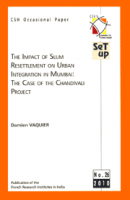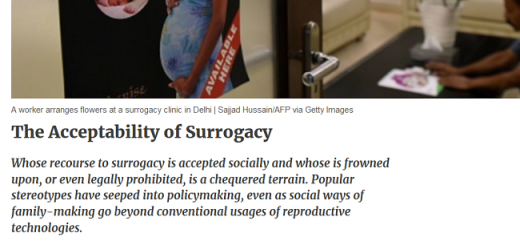Constitutionalising Panchayats: The response of state legislatures

The Constitution (Seventy-third Amendment) Act, 1992 was the third attempt on the part of the Government of India to strengthen the Panchayati Raj Institutions (PRIs). Prior to that, two earlier attempts made in this direction in 1957 and 1978 had failed to yield desired results. The lukewarm response of state governments across the country, notable exceptions apart, was attributed to the lack of constitutional support to panchayats. The apparent lacunae were removed through the 73rd Constitutional Amendment which ensured the continuity of panchayats by making it mandatory in all states to hold regular panchayat elections. It also ensured the representation of weaker sections, including women in PRIs. But it was left to the discretion of the state legislatures to decide the devolution of functions, power and finances to PRIs in their respective states. How did the legislators react to it ?
The paper presents the proceedings of the Assembly debates collected from Maharastra, West Bengal, Karnataka and Madhya Pradesh. Taken together, these four states represent the three generations of panchayats in India. What happened in the Assemblies of the four states when the respective State Panchayat Acts were placed for their consideration ? Did the Assemblies witness informed debate ? Were they alive to their legislative functions ? The paper takes a critical look at these aspects in the light of their tryst with panchayats since early 1960s.
- By:
- In :CSH Occasional Paper N°4, Publication of the French Research Institutes in India, Rajdhani Art Press
- Year :2002
- Pages :104
- ISSN :0972-3579








